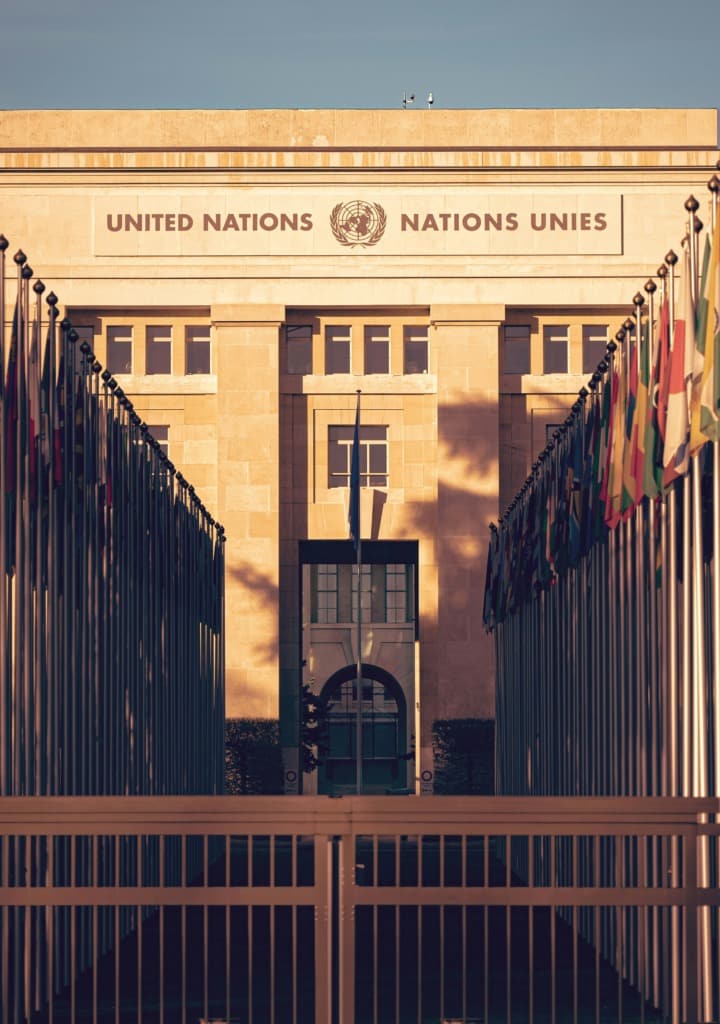The United States imposes a wide variety of economic sanctions on foreign individuals, foreign corporations, countries, terrorist organizations, and other entities. Sanctions are an increasingly important part of U.S. foreign policy and they play a significant role in the work of the United Nations, the European Union, and some other countries. Many sanctions do not give rise to litigation, but some do. Indeed, some sanctions legislation provides a cause of action, lifts foreign sovereign immunity, or otherwise makes it easier to sue sanctioned entities in the United States.
Sanctions related to terrorism generate a lot of litigation, so we have grouped the two topics together. Sanctions are imposed for many reasons other than terrorism, however, and some terrorism-related litigation is not a product of sanctions. Finally, sanctions are a controversial topic globally, in part because it is unclear that they are effective at changing behavior and in part because they often have negative consequences for marginalized communities in the countries subjected to sanctions, including countries like Afghanistan, Iran, and Venezuela.
Why Canada’s Terrorism Exception Does Not Violate International Law
Like the United States, Canada has an exception in its State Immunity Act (SIA) for state supporters of terrorism. Canada has put Iran and Syria on the list of states against which claims for terrorism may be brought in Canadian courts. Under the SIA, Canadian courts have found Iran liable for shooting down a Ukraine…
Continue ReadingOn UNRWA’s Immunity
[This post originally appeared at TWAILR and is reprinted here with the author’s permission.] The U.S. government’s attack on the United Nations Relief and Works Agency for Palestine Refugees in the Near East (UNRWA), and indeed on the UN itself, has taken on new form. After instituting an extended freeze on U.S. funding to the…
Continue ReadingServing Foreign Defendants’ U.S. Counsel to Avoid the Hague Service Convention
Plaintiffs are sometimes frustrated trying to serve process on foreign defendants through the Hague Service Convention. Sometimes, they ask federal district courts to authorize service by email as an alternative means. The problem with this, as Maggie Gardner and I have explained in detail, is that that the means of service provided in the Convention…
Continue ReadingIngrid (Wuerth) Brunk, Does Foreign Sovereign Immunity Apply to Sanctions on Central Banks?
Scott R. Anderson, What’s Happening with Afghanistan’s Assets?
Jamie L. Boucher, et al., The Potential Impact of Terrorism Lawsuits Under the Antiterrorism Act on Ordinary Corporate, Banking and Sovereign Enterprises


